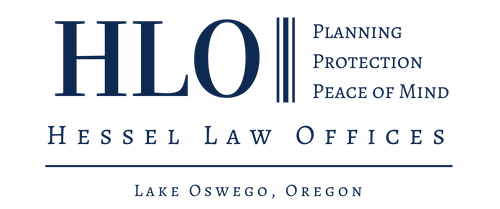The Same Person or Different People? YES.
This is actually two critical questions with one simple answer.
For most of us, one of the most difficult decisions we make as parents is choosing the right guardian for our minor children.
To simplify it, here’s the bottom line: The guardian you choose should be the person you trust the most to love and care for your children in the event that you can’t.
No one can replace a parent but selecting and appointing the right guardian gives your kids the most important gift of all: Their best chance to weather the storm, live the best lives possible, and ultimately thrive.
Doing it right requires providing your guardian the necessary resources they’ll need. What they need to support and nurture your children without disrupting their own financial security and that of their family. Life insurance and comprehensive financial planning can ensure the trust for your kids is well funded. And equally important, is the proper management of the trust assets.
I’m frequently asked if the guardian and trustee should be one person or different people. While every situation is unique and there is no hard and fast rule, nonetheless the answer is an emphatic Yes.
If the guardian is trustworthy, ethical and a good steward of their money, they will likely be a good trustee and trustee of the trust funds.
If this is not the case, you’re better advised to choose a good money person to work with your guardian to make the best collaborative decisions for your children. Although you can provide the framework for how trust funds are used, link to later blog post about trust distributions]the trustee will ultimately make important decisions, and hopefully exercise proper discretion and sound judgment.
Bear in mind that this means retaining professional advisory services (accountants, lawyers and financial advisors) when it makes sense, just as you did during your lifetime.
It’s always an option to select a disinterested professional/corporate trustee, but this service usually comes with additional fees.
I’d be remiss if I didn’t also remind you of the decisions you should make about your own incapacity. You’ll need a durable power of attorney and physician advance directive [link to later POA/Advance Directive blog post]. in the event you are unable to make legal, financial and/or healthcare decisions while you’re alive but incapacitated or unavailable.
About the Decoding the Law Series –
We know the law can be complex and confusing. So, we’ve written this
continuing series to replace mystery with clarity, and to explain the
basic facts of estate planning in a straightforward, easy-to-understand
way. Every client deserves to know what we’re doing and why, so our
transparent process is designed for your peace of mind. It’s the HLO
difference: Estate Planning to Business Counsel to Wealth Preservation.
The law decoded, giving clients a secure future, a lawyer to believe in.

Who Should Take Care of Your Kids and Money?
The Same Person or Different People? YES. This is actually two critical questions with one simple answer. For most of us, one of the most

The Truth About Trusts
Share on facebook Facebook Share on twitter Twitter Share on linkedin LinkedIn A little up-front work saves your family time, money and a whole lot

People Call Probate a Nightmare. It is.
Share on facebook Facebook Share on twitter Twitter Share on linkedin LinkedIn Here’s how you can avoid it. And why. There are many reasons people

The Good, the Bad and the Taxes in Oregon.
Taxes. It’s why I often tell clients that Oregon is one of the worst places to die.

What is a Power of Attorney and Advance Directive?
The bottom line: An estate plan is incomplete without them and puts you at avoidable and preventable risk.

Beware the Dangers of Online Estate Planning
What you don’t know, especially about online estate planning services, can ruin a lifetime of hard work and undercut you plans for your family’s future.

